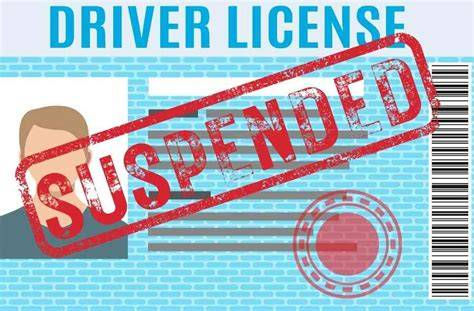Trump’s $100000 H-1B Visa Fee Ignores Local Employers and Tech Workers
- Rona Yousufi
- Nov 24, 2025
- 3 min read
Reporter: Rona Yousufi
Phoenix -The shock spread from Silicon Valley to Tempe when President Donald Trump signed a decree on Sept .19, 2025, imposing a $100000 cost on new requests for H-1B visas. The euphoria that often greets fall recruiting seasons has given way to uncertainty at Arizona State University and throughout the Valley’s thriving tech corridor.
According to Holly Singh, Executive Director of ASU International Student and Scholar Center (ISSC), “Students are afraid that job offers could disappear overnight.”
They are concerned that employers won't accept the financial risk because many of them are already in a pipeline for Optional Practical Training or curricular practical training.
A Reform-Oriented Policy Overshadowed by Confusion
According to the U.S Citizenship and Immigration Services (USCIS), Trump's order, which is technology known as the “Restriction on Entry of Certain Nonimmigrant Workers,” mandates that each new H-1B petition submitted after 12:01 a.m. EDT on Sept. 21, 2025, be paid $100,000. Critics referred to it as a hidden tax on innovation, while the White House presented it as a safeguard for American workers.
The fee does not apply to anyone already in the United States changing status, such as F-1 students or current H-1B holders, nor extensions or amendments filed domestically, according to the clarifying guidance released by the USCIS on October 20th and the response to lawsuits brought by university associations and the U.S Chamber of Commerce. Only new foreign petitions or cases seeking port-of-entry or counselor processing are subject to the fee (USCIS, Oct. 20, 2025, Murthy Law Firm bulletin).
However, Singh said not all the companies or students had received their reassurance. “They think the door is closing when they hear $100,000,” he said.
Employers in Arizona considered the cost
Due to their heavy reliance on foreign- born specialists, few industries are more affected by uncertainty than technology and healthcare. A statement sent via email verified that Intel Corporation, which sponsored 16198 H-1B visas (CBS News, Sept. 23, 2025), had paid the additional fee for “a small number of engineers based overseas” who were sent to join its Chandler site this fall.
Human resources director Kelly Nash of Banner Health, which hires doctors and data scientists on H1B visas, stated that the policy “adds another layer of cost at a time when hospitals already face workforce shortage.” Restricting skills immigration could “Imperil access to care in a rural community,” the American Hospital Association said on October 21st (AH, a statement 2025).
An Intel representative said, “Innovation does not pause, but the timing was unfortunate.” “To preserve project continuity, we complied with the proclamation.”
Lawyers Warn of Economic and Legal Repercussions
Ezequiel Hernandez, an immigration lawyer in Phoenix, said, “There is still uncertainty regarding travel and schedule.” The consulate may consider it a new petition requiring the fee if it works departs the country after September 21 for visa stamping,” he said.
“Employers will be reluctant to transfer talent until federal agencies coordinate their guidance.”
About 70% H-1B visas are granted to Indian people, according to India Today World Desk (Oct. 21, 2025), while 27% of international students enrolled in U.S. universities are Indian. Uncertainty may push such a graduate to more hospitable markets like Canada or the United Kingdom, according to the economist.
Lee McPheters, an economist at ASU, claimed that regulation “Undercuts Arizona’s competitiveness.”
He pointed out that foreign analysts and engineers support the expansion of bioscience and semiconductors in the area. “The innovations and tax revenues that come with these position migrants elsewhere,” he said.
Gazing ahead change of status and extension submissions made within the United States or still excluded, according to the USCIS “relief measures” issued on October 21 (Devdiscourse News Desk); however, the legal challenges still exist. The proclamation is deemed unconstitutional by advocacy organizations such as Democracy Forward.
The main cost of policy and Singh opinions might be psychological. He stated that “America’s reputation as a place where talented students can build a future is a stake.”
That “we continue to advise our students to plan rather than panic.”





Comments